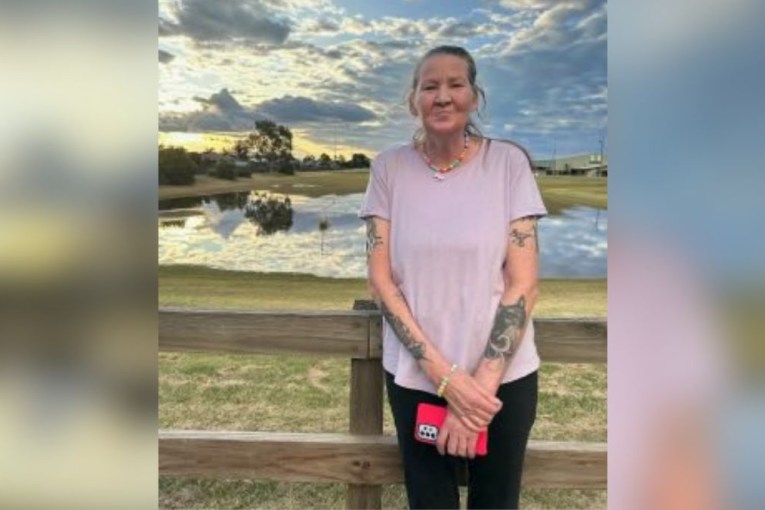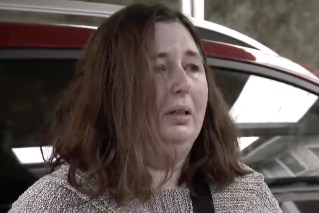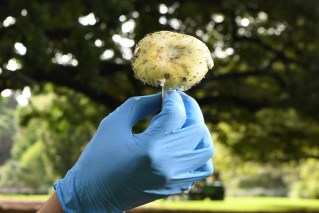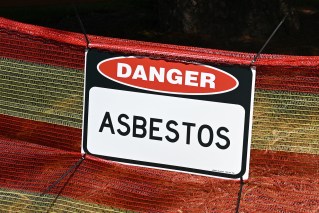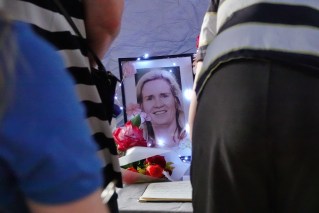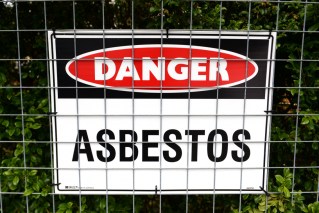Food scraps can soon go in the green bin for composting at these Melbourne councils

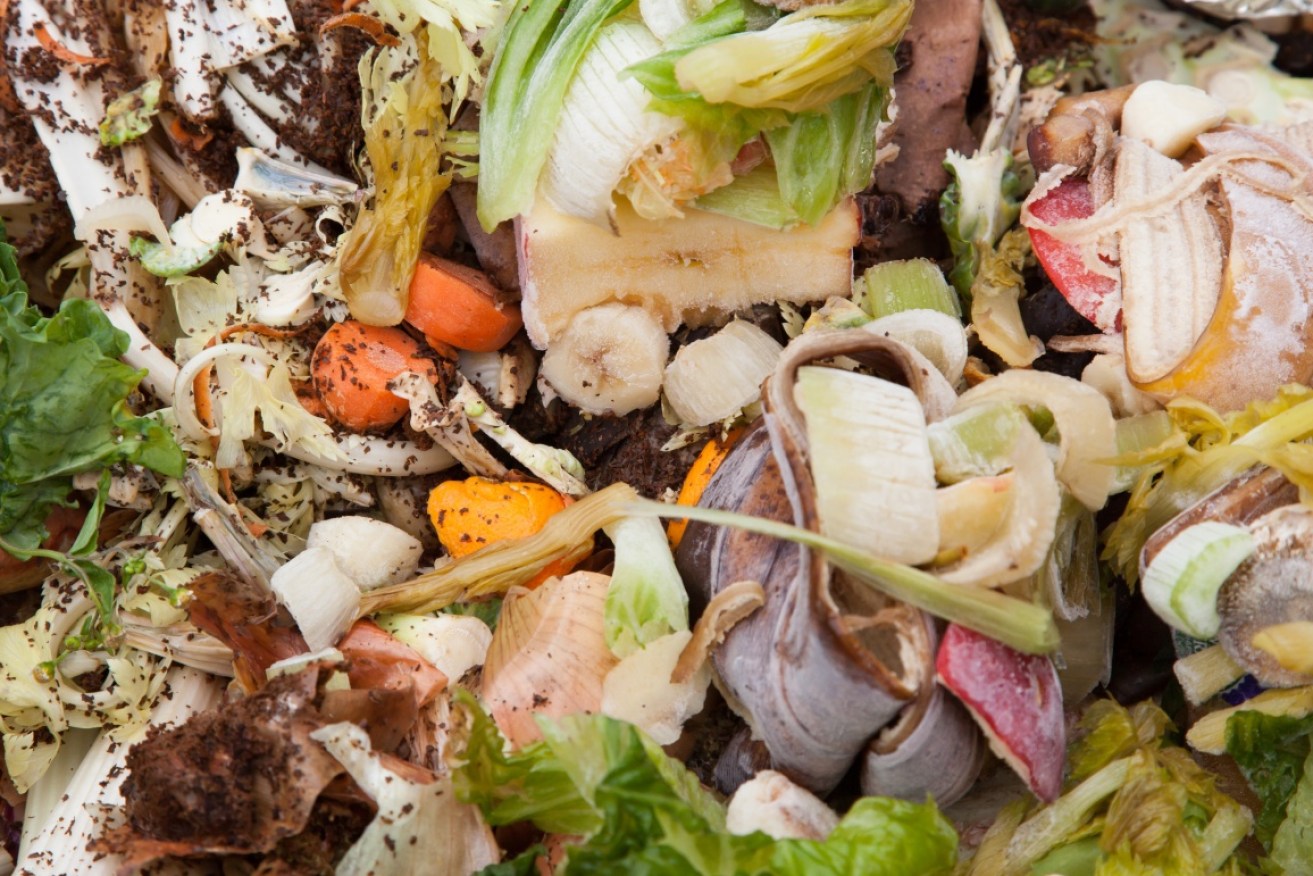
A community group member accused supermarkets of throwing out consumable foods. Photo: Getty Photo: Getty
Households will be able to put food scraps in their green bins for it to be used as garden compost by eight Melbourne councils.
Federal Environment Minister Josh Frydenberg on Thursday announced a Dandenong South facility would open mid-2019 and compost 120,000 tonnes of food waste every year.
Melbourne councils Bayside, Cardinia, Casey, Frankston, Glen Eira, Greater Dandenong, Kingston and Monash will use the facility.
Most of the 50,000 tonnes of compost produced at the Sacyr plant would be sold back to the councils to be used on gardens and parks.
It means hundreds of thousands of homes will be able to put their food scraps in their green bin to be processed and reused as compost, reducing landfill and carbon emissions.
“While avoiding the generation of waste is our first priority, we also need to harness opportunities for reuse, recycling, reprocessing and energy recovery,” Mr Frydenberg said.
The federal government will contribute $38 million from the Clean Energy Finance Corporation (CEFC) towards the $65 million composting facility.
Food and garden organics would be treated together.
Glen Eira has already been collecting food scraps in green bins since May this year.
Residents put food into a green caddy, supplied by council, and then tip it into the green bin for collection and used as compost at parks, gardens and farms.

The green caddy Glen Eira residents have to put food scraps in. Photo: Glen Eira
Bayside Council said almost half of the 23,000 tonnes of household waste it sends to landfill every year was food waste.
“Bayside households throw away 14 per cent more food than other Victorians – adding up to a significant cost,” the council said.
The council is seeking feedback from residents.
The new facility is expected to abate more than 65,000 tonnes of CO2 emissions per year, equivalent to removing almost 14,000 cars from the road a year.
Mr Frydenberg said it would create hundreds of jobs during construction and 20 jobs for the plant’s ongoing operation.
Our CEO @ilearmonth visits state-of-the-art Melbourne development turning food and garden waste into compost. CEFC finance targeting waste emissions. https://t.co/DwD3Pd2FqY pic.twitter.com/Wi3vwZfT22
— CEFC (@CEFCAus) August 2, 2018
More than 40 per cent of landfill comes from food and organic waste.
The Sacyr facility will operate for 15 years, with a potential five-year extension.
CEFC bioenergy sector lead Henry Anning said he expected more councils to consider investing in waste management infrastructure.
“We need to think of waste differently, so that instead of becoming a problem it becomes a resource, whether for compost, recycling, bioenergy or biomass.”
The Victorian government announced the contract with Secyr last March to meet the Metropolitan Waste and Resource Recovery Implementation Plan of 400,000 tonnes of capacity by 2021.
Eastern Melbourne councils Knox, Manningham, Maroondah, Whitehorse and Yarra Ranges are expected to have an organics processing facility in future.
